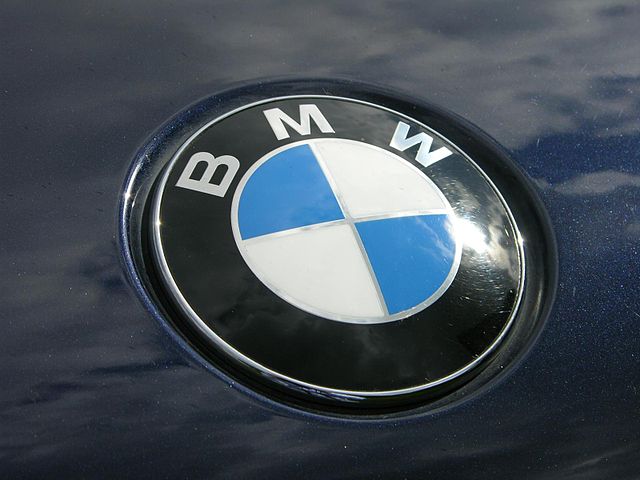Cars and Drivers
Can German Auto Companies Keep Competitive Their Advantage?
Published:
Last Updated:
Germany auto workers are not low paid by the standards of almost any other auto workers in the world. That may not matter as much as it does in other nations. German luxury cars have high profits because of high sticker prices. Volkswagen has huge production facilities, which aid efficient labor forces, because it is the largest car company in Europe. However, recent increases in worker pay could catch up to the margins of these Germany companies, robbing them of their efficiencies and profits.
VW workers have just gotten large raises. According to Reuters:
Salaries of workers at VW’s six western German factories and the financial services division will be raised by 3.4 percent from September, followed by another 2.2 percent increase from July 2014, VW said.
That is a significant set of raises in an economy where inflation is nearly nonexistent.
German car companies have moved further down the path that robbed the U.S. industry of profits, and it has started to do the same in Japan, which was once a relatively low-cost producer. The relatively lower costs of labor at Toyota Motor Corp. (NYSE: TM) and Honda Motor Co. Ltd. (NYSE: HMC) helped it swamp the American market with high-quality Japanese cars with modest sticker prices some 30 years ago. Japanese car workers eventually agitated for better wages, particularly based on how well their parent companies did. The Japanese manufacturers lost much of their financial advantage
High labor costs at U.S. car companies where driven as the UAW became more powerful and was able to milk better hourly wages and extravagant benefits from General Motors Co. (NYSE: GM), Ford Motor Co. (NYSE: F) and Chrysler. These contracts where not undermined, in many cases, until the Chapter 11 filings of GM and Chrysler
Even with the recovery of the U.S. car industry, American workers have not gotten as many jobs back as they might have as sales increase. These auto manufacturers wisely have moved some of their production to Mexico, which remains a market in which assembly line workers make very little compared to those in developed nations.
VW has been unable to hold the line on worker pay and may regret that soon, particularly as car sales falter in Europe. This is a situation not unlike the one the American car companies faced in 2008 and 2009 as a recession and high labor costs killed the U.S. industry.
After two decades of reviewing financial products I haven’t seen anything like this. Credit card companies are at war, handing out free rewards and benefits to win the best customers.
A good cash back card can be worth thousands of dollars a year in free money, not to mention other perks like travel, insurance, and access to fancy lounges.
Our top pick today pays up to 5% cash back, a $200 bonus on top, and $0 annual fee. Click here to apply before they stop offering rewards this generous.
Flywheel Publishing has partnered with CardRatings for our coverage of credit card products. Flywheel Publishing and CardRatings may receive a commission from card issuers.
Thank you for reading! Have some feedback for us?
Contact the 24/7 Wall St. editorial team.